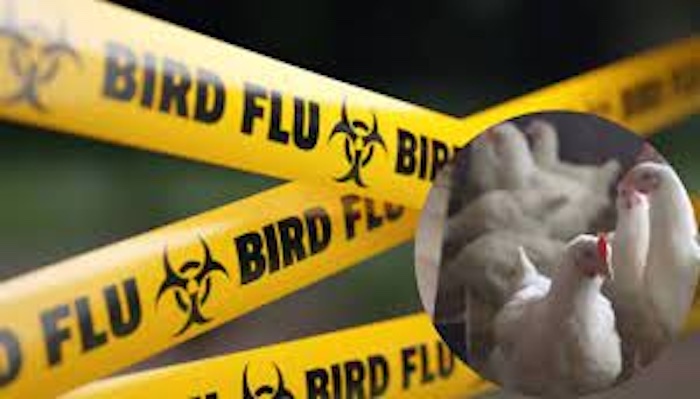
The bird flu virus spreading rapidly among wild birds, poultry and several mammal species could trigger a pandemic more severe than COVID-19 if it mutates to spread efficiently between humans, France’s Institut Pasteur has warned.
Marie-Anne Rameix-Welti, medical director of the Institut Pasteur’s Respiratory Infections Centre, said the highly pathogenic avian influenza strain circulating globally poses a significant potential threat, despite human infections currently remaining rare.
“What we fear is the virus adapting to mammals, and particularly to humans, becoming capable of human-to-human transmission and that virus would be a pandemic virus,” she told Reuters in Paris.
Bird flu has already led to the culling of hundreds of millions of birds worldwide, disrupting food supply chains and driving up prices. Cases in mammals from foxes to seals to dairy cows have raised further concern among global health agencies.
Rameix-Welti noted that humans have no antibodies against the H5 strains now infecting animals, similar to the lack of immunity seen at the start of COVID-19. She added that unlike COVID-19, which overwhelmingly affected vulnerable groups, flu viruses can kill even healthy individuals, including children.
“A bird flu pandemic would probably be quite severe, potentially even more severe than the pandemic we experienced,” she said.
While human infections have so far come mostly from close contact with infected animals, the U.S. recently reported its first-ever human case of H5N5, involving a patient with underlying conditions who later died.
According to the World Health Organisation, nearly 1,000 human outbreaks of bird flu have occurred between 2003 and 2025 mainly in Egypt, Indonesia and Vietnam with a fatality rate of 48%.
Despite the warnings, global health experts say the probability of a bird flu–driven human pandemic remains low for now.
Gregorio Torres, head of science at the World Organisation for Animal Health, stressed that people should not panic.
“The pandemic risk is a possibility. But in terms of probability, it’s still very low,” he said. “You can happily walk in the forest, eat chicken and eggs and enjoy your life.”
Rameix-Welti agreed that improved global readiness puts the world in a better position than it was before the COVID-19 outbreak. She highlighted that flu vaccine candidates already exist and can be manufactured quickly if needed.
“We also have stocks of specific antivirals that, in principle, would be effective against this avian influenza virus,” she added.
Erizia Rubyjeana



